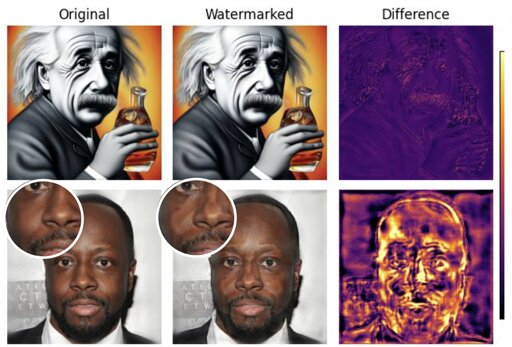There is a solution, but y’all aren’t going to like it.
The solution is blockchain. Actually, it’s even worse, the solution is NFT’s.
Not the scammy, crypto bro, nonsense it has been used for; but the actual technology.
A cryptographically secure digital token that can track where something was made, where it’s being used, who has the rights to it, and ensures that it’s authentic and not some copy made with AI.
Unfortunately, thanks to crypto bros, the technology has become so tainted by scams that most people get upset just hearing the letters NFT, so adoption isn’t likely.
Sorry for blowing this on you, but fuck blockchain, fuck NFTs.
What we need is better understanding of cryptography.
PGP has solved this problems decades ago, and crypto has just borrowed some parts, but made it worse in every possible way and into incomprehensible depths.
Again, fuck crypto, fuck NFTs.
I should make a guide on how to use GPG.
I thought GPG was bad? I don’t have enough personal experience with it to quickly summarize or opine on the merits of either of these two articles, but:
The PGP Problem: https://www.latacora.com/blog/2019/07/16/the-pgp-problem
What To Use Instead of PGP: https://soatok.blog/2024/11/15/what-to-use-instead-of-pgp/
I do agree with “fuck NFTs” though, and mostly agree with “fuck cryptocurrency” (mostly because porn and drugs are in my view legitimate use cases for at least a hypothetical non-environmentally-destructive cryptocurrency).
It’s not good.
But it’s leagues better than crypto.
I hate typing ‘asymmetric key cryptography’, and GPG is just three letters.
Those blog posts explain a lot, but one use case is missing (at least I don’t see it apart from git commit signing), and that is verifying the source of a public message.
And I do wish we tried using the private keys more. Specially now when anyone can deepfake anything.
If I ever release my nudes, never trust them unless they are signed and you can check them with public key in my profile.
I don’t think this is that controversial. If you take out NFTs, it’s using the block chain as a hash. I think that works, but at that point you might as well use regular hashes to verify the integrity of your video
Just fucking sign it. With your private key.
And publish your public key.
Then everyone will be able to verify it’s your work, and no deepfake will ever pass that test.
at that point you might as well use regular hashes to verify the integrity of your video
Generated by what authority, though?
Are we gonna have to start using let’s encrypt as part of photography?!
Leica, Sony, Nikon, and Canon have backed an Adobe-created digital signature solution for authentication of photos directly in the camera, including metadata like time/date stamps. But that’s mainly for journalism and professional grade cameras, not the cell phones that 90+% of new images are created on.
Well, at least we have a study to support the glaringly obvious problems with watermark requirements.
I think maybe an update to the image format standards, where it like somehow includes a hash of the instrument that has taken the photo and video, and thus, only such media that can be verified to have been taken by a physical instrument can be used in like legal matters, or reporting or journals.
Either this hash can be verified by some algorithm, or maybe the media could depend on this hash in such a way that the media is corrupted if it gets altered.
The obvious limitation being that you can take a real photo with attestation with a real camera of a real computer screen displaying any fake shit you can imagine, then you have an officially hashed photo of anything.
There are already plans for metadata signing. I think some high end Canon cameras might do it already. It basically allows proof (via public private key of the hash) that a particular camera took that photo.
The idea is that you can create a chain of custody with an image. Each edit requires a new signature, with each party responsible for verifying the previous chain, to protect their own reputation.
It’s far from perfect, but will help a lot with things like legal cases.





